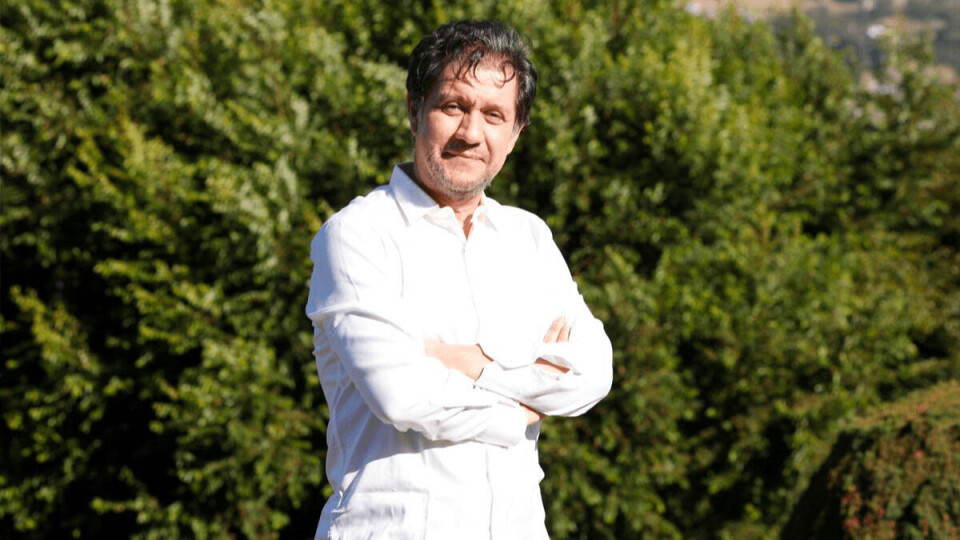
Constitution ‘will improve relations between Chilean State and aquaculture’
A new constitution being drafted in Chile will regulate rights over the sea for the first time, a member of the elected convention formulating the document has confirmed.
Julio Álvarez, convention constituent for Chiloé in the salmon farming region of Los Lagos, said the move will improve the relationship between the State and actors such as aquaculture.
The new constitution will regulate, “for the first time, the rights over the sea, but also the duties that this entails”, Álvarez, a lawyer, explained in an interview with Fish Farming Expert’s Chilean sister site, Salmonexpert.cl
Reforming ‘dry’ constitution
The lawyer said that the inclusion of rights over the sea will correct an omission in the current constitution, which dates from 1980, when the military dictator Augusto Pinochet was in power. Álvarez said many see it as “a dry constitution”, because “it does not even mention the sea as a fundamental part of the territory, it only speaks of the territory, of the land, not of the sea”.
“We are at that point, effectively recognising the ‘maritory’ [marine territory] as an important part of the new Constitution (...) the recognition of the right over the sea,” a point that will have practical consequences, such as the regulation of aquaculture concessions, “which today from the constitutional point of view, at least, is not regulated”.
Constitutional recognition for the maritory will consequently lead to a new relationship between the State and those using the sea, such as the artisanal fishing sector, “which also has ancestral rights that must be recognised”; or the indigenous peoples, who “claim rights over the sea and with just reason”, said Álvarez.
Fish farming could do better
Regarding the salmon farming industry, Álvarez evaluates it as “something positive for the region, especially for Chiloé”, due to the job opportunities it has generated, but has reservations.
“We have touched on these at the Convention and many people have also raised issues with us in our hearings. I believe that the salmon farming industry has left much to be desired in two aspects: environmental and labour.
“They (salmon farmers) have effectively caused damage to our sea. They have been improving (…) but we believe that the level of respect for the environment should be equivalent to the OECD (Organisation for Economic Co-operation and Development) countries,” said Álvarez. “The level of demand that we want them to meet is the same level of demand that they have in their countries of origin.”
The right to strike
In terms of labour, the salmon farming sector often sees unions “as an adversary, an enemy”, claimed Álvarez, and must accept “the fundamental right to strike”.
“In a modern society like the one we want to build via the Constitution, respect for trade union rights is also essential and is a pending task for the salmon farming industry.”
Álvarez also maintained that the sector should strengthen its relationship with the community.
Along these lines, he valued the sector’s offer to contribute to the reconstruction of the settlement of Camilo Henríquez, in Castro, Los Lagos, where around 100 homes were destroyed by a forest fire in December.
“It speaks well of the current leadership of the salmon farming world and the world of social responsibility that they should have,” said Álvarez, although he said taking such social responsibility was still a work in progress.























































